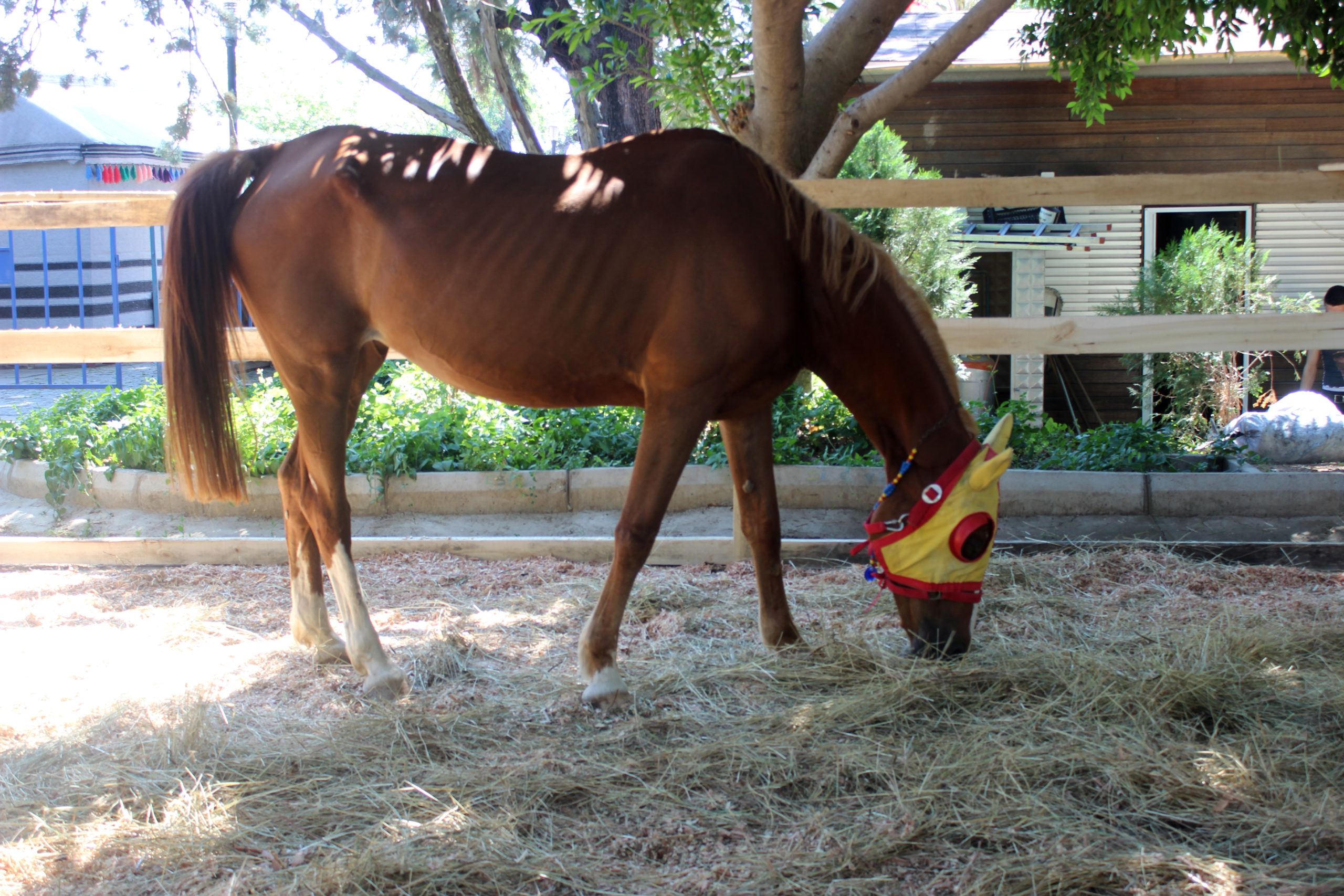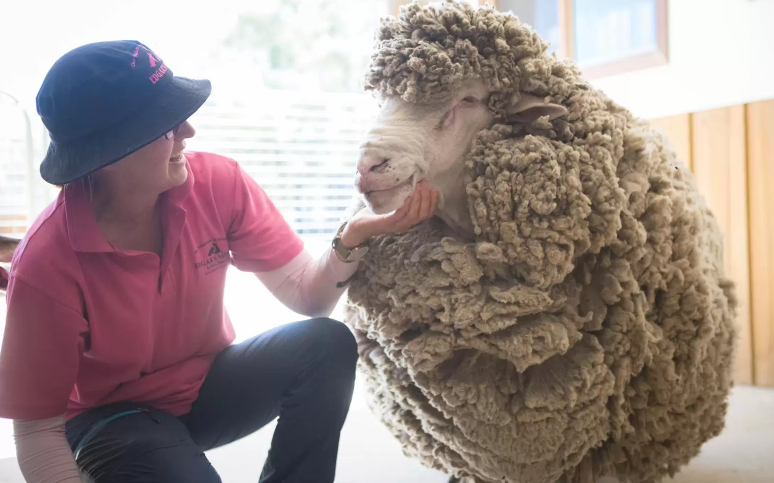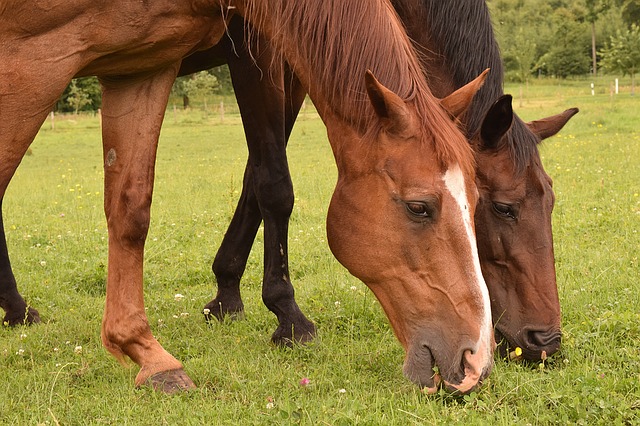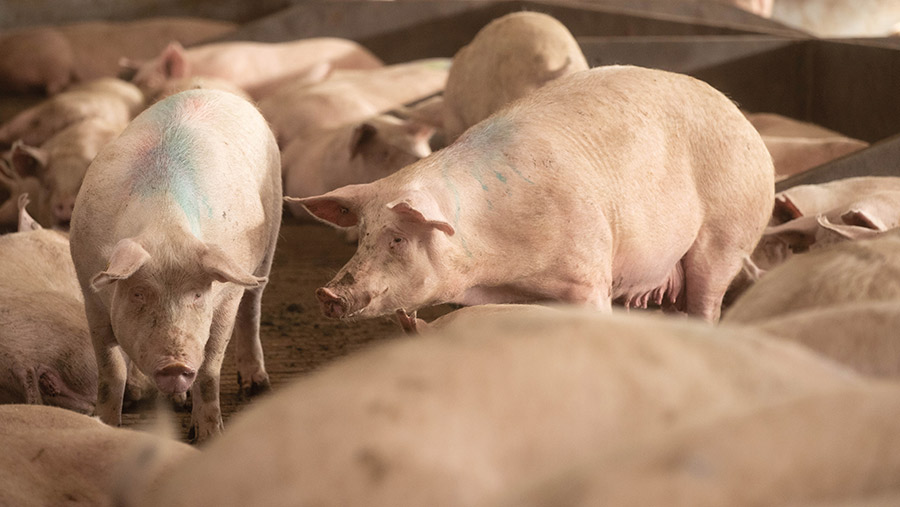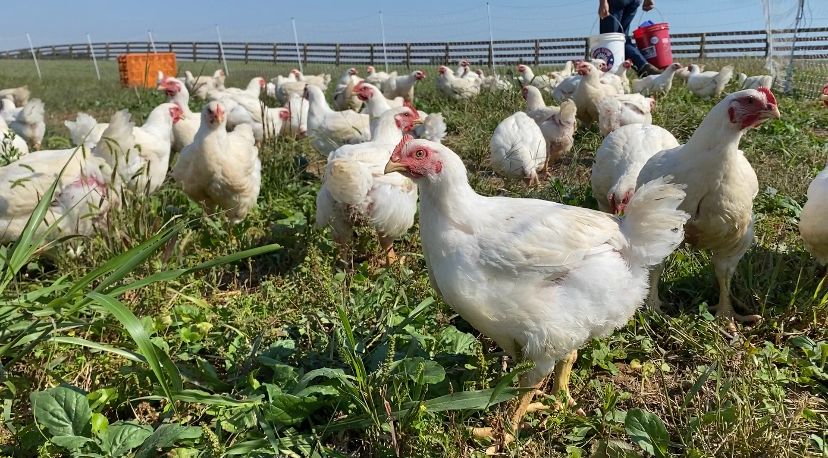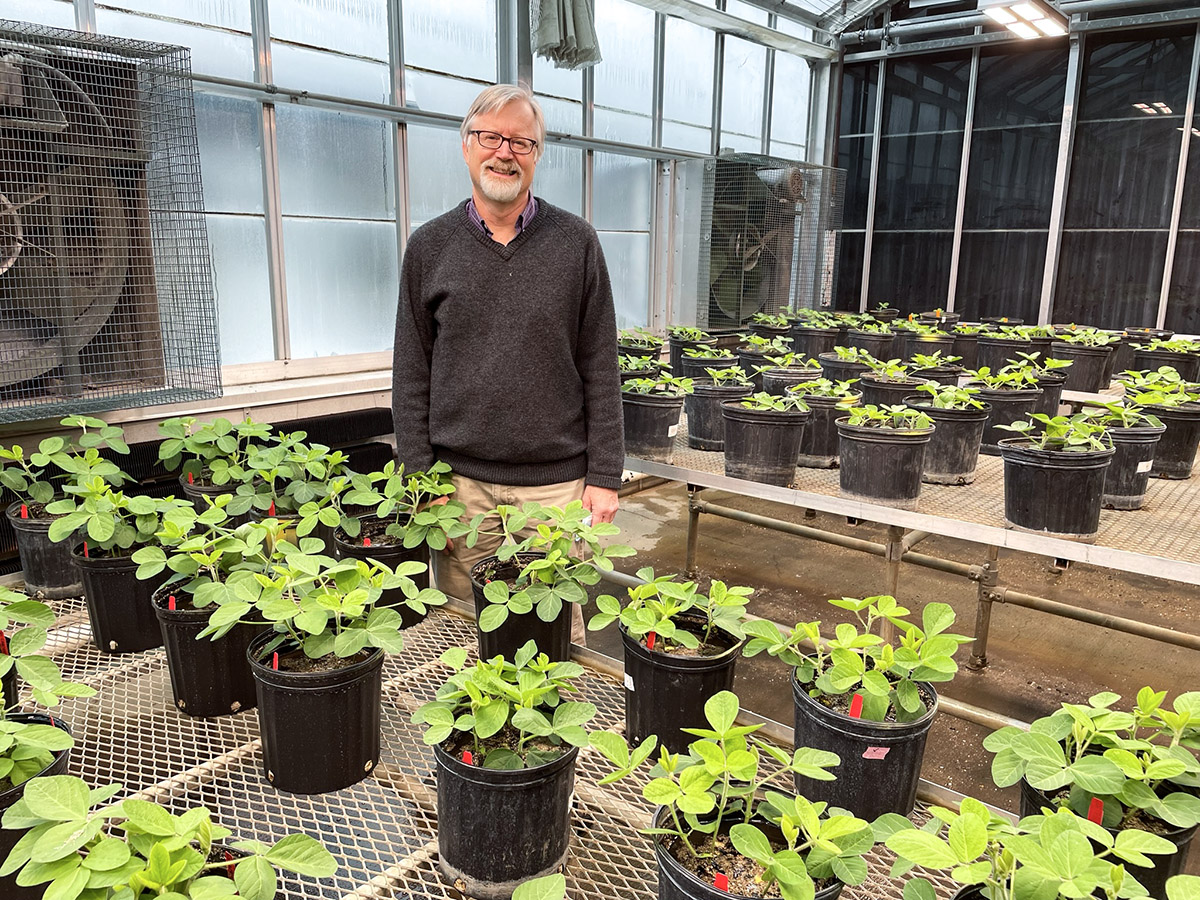03/23/2022 SOURCE: www.merck-animal-health-usa.com
Cattle implants like RALGRO® can increase your calves' weaning weight by an average of 23 pounds. Calf implants set cattle up for continued performance.
Cattle | Implants | Merck Animal Health USA
-
(0)
-
Bookmark
- Comments. (0)
03/22/2022 SOURCE: equusmagazine.com
There has been a major change in the mode of transmission for equine infectious anemia (EIA) in the last 10 years that horse owners need to know about.
EQUUS ‘Farm Calls’ Podcast Episode 6: Equine Infectious Anemia (EIA) - Equus Magazine
-
(0)
-
Bookmark
- Comments. (0)
 John LaRose Jr.
John LaRose Jr.
Topics: Lamb/Sheep, Animal Welfare/Humane Treatment, Ag Australia/NZ, Animal Health,
Neglected Sheep Was Buried Alive Under 40 Pounds Of Fleece - Daily Animal news
Koky the sheep was 4 years old, but his fleece had never been shorn — which nearly cost him his life. Pam Ahern, founder of Edgar’s Mission, a sanctuary in Victoria, Australia, had gotten a call about Koky from local officials. “He was surrendered to them after reports [circulated] from members of the public concerned […]
-
(0)
-
Bookmark
- Comments (0)
 John LaRose Jr.
John LaRose Jr.
Topics: Agriculture US, Young Farmers, Economics, Animal Welfare/Humane Treatment, Animal Health,
Olive Peirce students get lesson in animal care and therapy at Hearts and Hooves ranch
School is raising money to support Ramona nonprofit’s outreach activities
-
(0)
-
Bookmark
- Comments (0)
Topics: Agriculture Global, Pork/Swine/Pig/Hog, Animal Health,
-
(0)
-
Bookmark
- Comments (0)
03/02/2022 SOURCE: outbreaknewstoday.com
NewsDesk @bactiman63 US Equestrian released a Frequently Asked Questions (FAQ) Friday to answer questions about the Equine Herpes Virus-1 (EHV-1) outbreak at the Desert International Horse Park (DIHP) in Thermal, California: What is Equine Herpes Virus? Equine Herpes Virus-1 (EHV-1) is a virus that is present in the environment and found in most horses all over […]
Equine Herpes Virus-1 outbreak in California - Outbreak News Today
-
(0)
-
Bookmark
- Comments. (0)
02/28/2022 SOURCE: www.fwi.co.uk
Manipulating macro factors linked to gut health could help cut antibiotics use in pig units. Charlotte Cunningham reports Reducing the use of
How improving gut health in pigs can reduce antibiotics use - Farmers Weekly
-
(0)
-
Bookmark
- Comments. (0)
02/26/2022 SOURCE: spectrumnews1.com
Farmers across the country are dealing with the virus.
Ag Report: Bird flu confirmed in at least 6 states
-
(0)
-
Bookmark
- Comments. (0)
02/22/2022 SOURCE: www.farmanddairy.com
The USDA’s Animal and Plant Health Inspection Service has confirmed highly pathogenic avian influenza in flocks in Maine and New York.
USDA confirms avian influenza in Maine, New York - Farm and Dairy
-
(0)
-
Bookmark
- Comments. (0)
 John LaRose Jr.
John LaRose Jr.
Topics: Soybeans, Agriculture US, Education U.S. MidWest, Food/Nutrition, Research, Food Security/Shortage, Animal Health,
Gene important in soybean protein content found after 30-year search
URBANA, Ill. – Soybeans outmatch all other legumes as the protein powerhouses of the plant kingdom, providing a key protein source for humans and livestock around the world. And now, after 30 years, University of Illinois scientists have identified the gene with the largest impact on seed protein in soybean.
-
(0)
-
Bookmark
- Comments (0)



